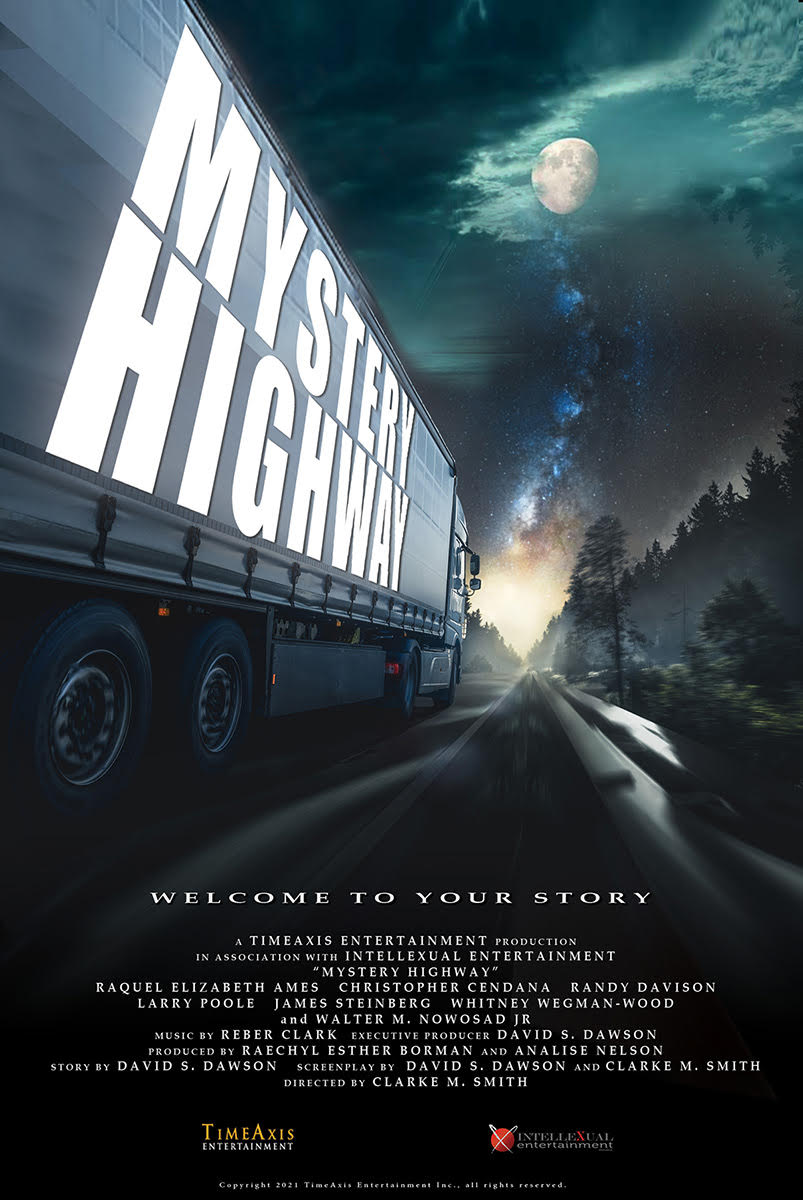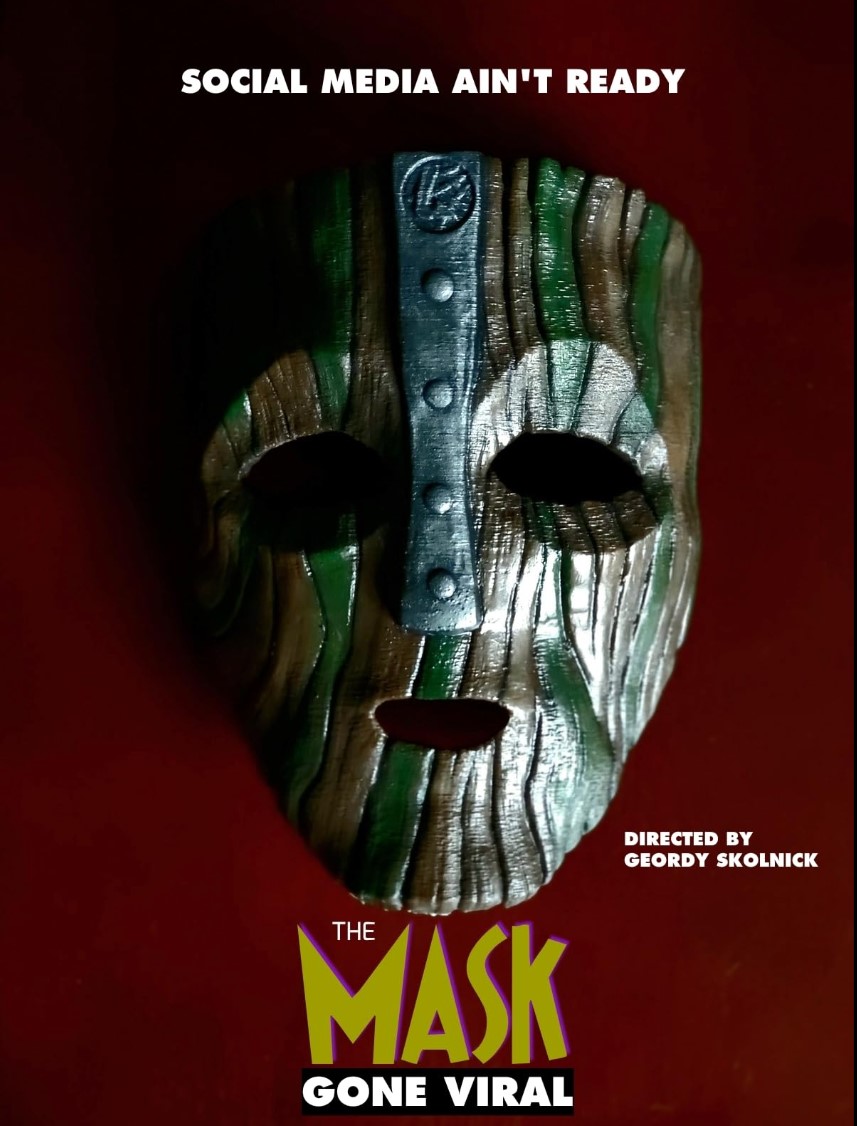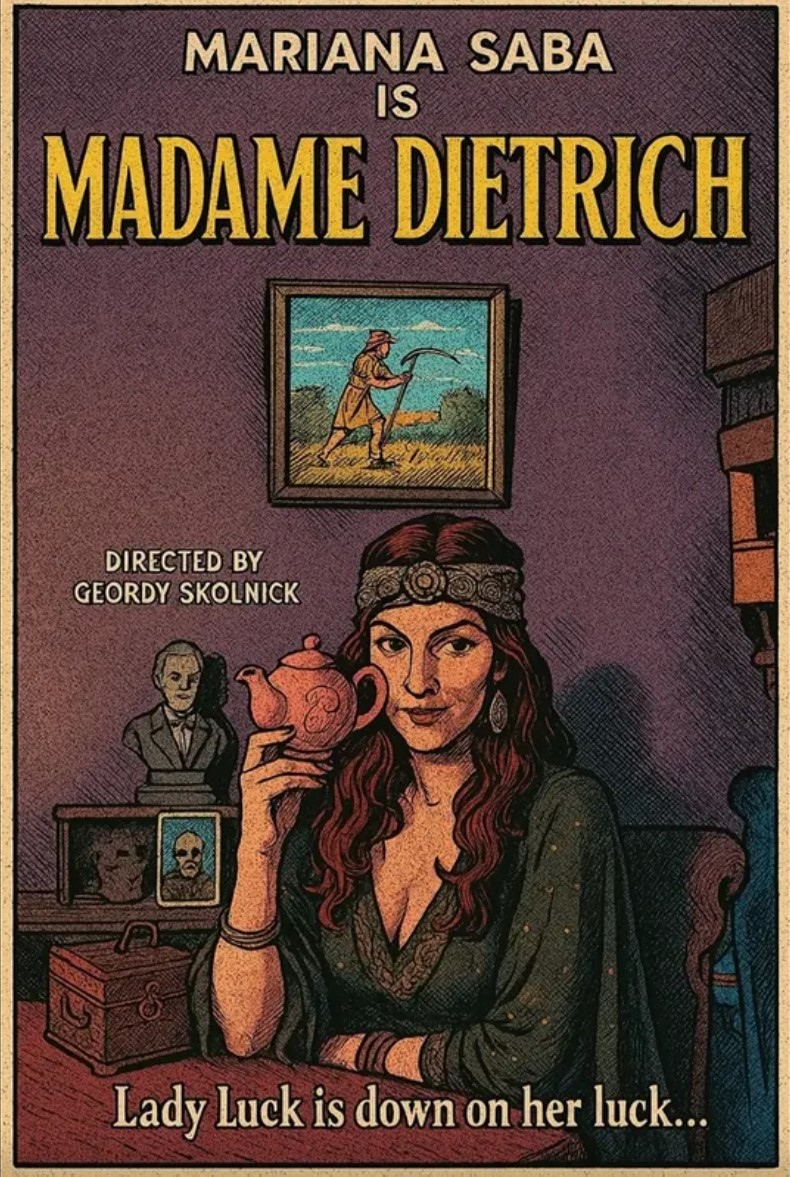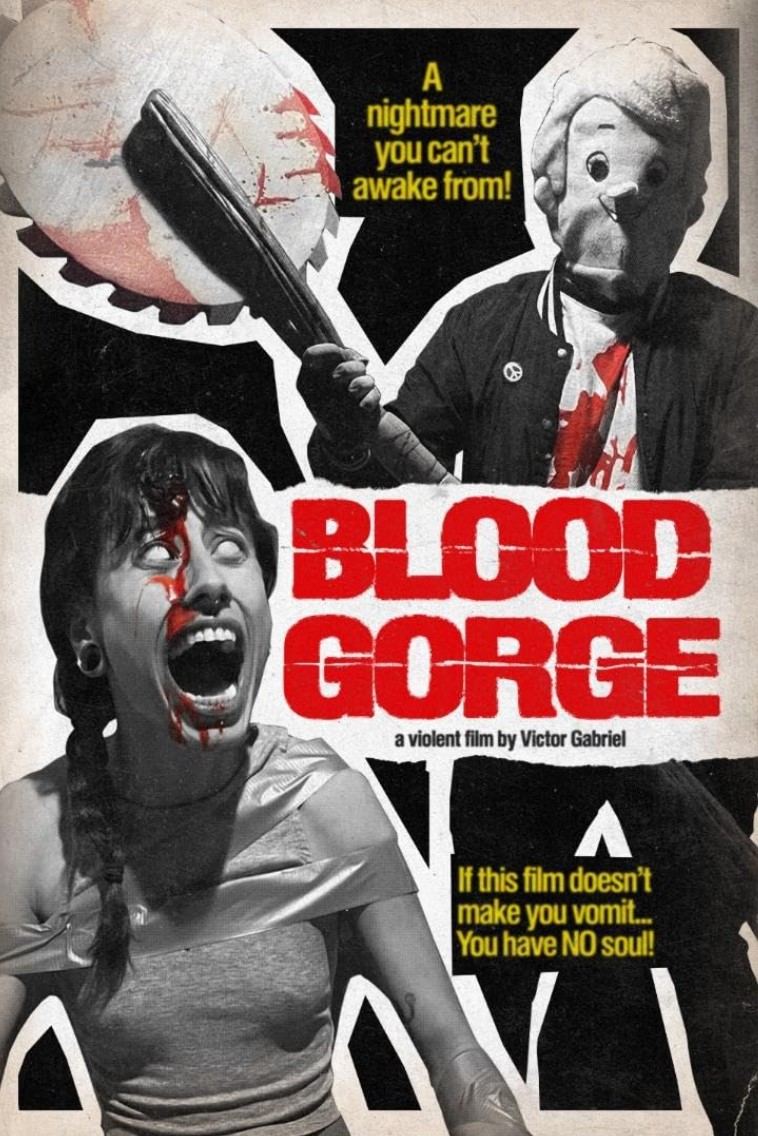“What if” is such a strong question. It holds so much emotion in just those two words. Beth is struggling — more than struggling. Her beautiful baby tragically passed, and she and her once-husband selflessly donated their baby’s organs to another child in need. But now Beth is a shell of her former self, constantly wondering that question. It all comes to a head in Wesley Boone’s Donor.
From the beginning, we are placed squarely in Beth’s headspace, viewing warped versions of the world around her as she waits to meet the mother and baby her own daughter’s organs were donated to. When she lays eyes on a picture of the child, and then the child in person, Beth becomes obsessed with the thought that some kind of hospital mix-up meant her child was actually alive and sitting right in front of her. Meeting after meeting, Beth grows more unhinged, lost in her own delusions and frightening the other mother. Finally, after being rebuffed by the other family and her ex-husband, she decides to kidnap the baby.
I don’t know if it is because I’m sensitive or because I have my own child, but Donor was an emotional rollercoaster for me. While I have thankfully not experienced the death of a child (or anyone close to me, for that matter), I immediately knew what Beth (Gordy Cassel) was going through. Not just Beth, other-mother Julia (Lucy Faust) and ex-husband Brian (Boone) as well. Donor was equal parts upsetting and breathtaking and angering and stressful and then at the end, a sweet relief. An awful situation can have an impact on many different people, and somehow, Boone was able to make me feel all of these conflicting emotions at once.
A battle between a sort of fish-eye perspective and a more realistic wide-shots, Donor brought out the conflict in such a visually stunning way. Bright, sunny settings were the backdrop for an increasingly deranged post-partum Beth. A dark living room with a wine-stained carpet — perfect to show her loneliness and isolation — is where she incessantly writes to Brian in hopes that he will respond and join in in her delusions. Blurry-edged wide shots of the cemetery where Beth and Brian’s baby is buried makes it seem like a dream: unreal. The ending was the most dramatically opposite. A nightmare for Julia and her family is a joyous occasion for Beth. And I can’t help but feel happy for her, even knowing how wrong she is.





Donor is an important story. Life — however great it is — will always involve death, be it someone you know and love, or yourself. We all know that life does not last forever, but it takes time to come to terms with it when it does happen. For some, it is a lot harder to let go and accept the outcome; Donor is a fantastic lesson on the emotional toll it takes on a group of people.
My best friend took his life a decade ago. He was an organ donor. His heart went to someone in need. When thinking about the emotions of how that would make his mother feel, I couldn’t help but be compelled by this idea that a part of your child is out there, a key component now to someone else’s life, while your child is no longer here.
Wesley Boone, writer/director of Donor
When I think of this in the context of my best friend, there’s contradictory emotions. Am I happy he was able to bring life to someone else? I am. Am I heartbroken that he’s no longer here? Of course. Those contradictory emotions are what I hope the audience leaves with after following Beth’s journey.
While some may not immediately peg Donor as a horror film, it is. It doesn’t have the jumpscares or the monster, but it does have the inescapable prison of your own mind, especially when it gets trapped in the endless loop that is “What if?”
Donor is currently on its festival run, nominated for awards in writing, editing, and performance. For more information, visit the No Homework Productions Facebook page. Give Wesley Boone a follow on Instagram and look out for his upcoming shorts.











